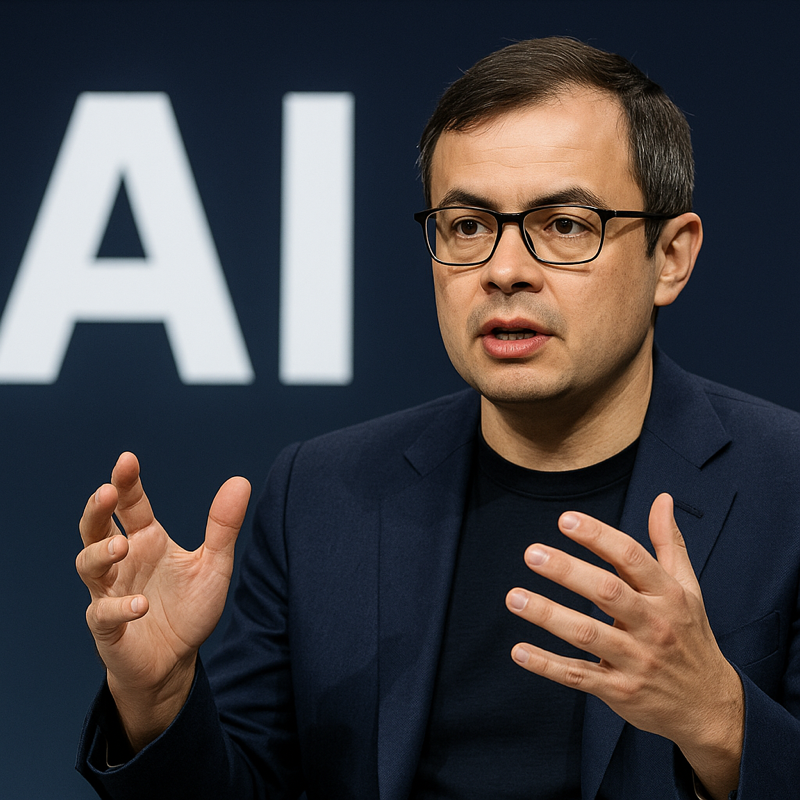The AI debate intensifies as DeepMind CEO Demis Hassabis presents a fresh perspective on the future of work. He challenges Anthropic CEO Dario Amodei’s prediction that AI will wipe out half of white-collar jobs. Hassabis notes the bigger risks that AI poses and calls for balanced thinking about both the opportunities and threats.
What’s Happening & Why This Matters
At the recent SXSW event in London, Demis Hassabis, CEO of Google’s DeepMind, spoke on the real challenges AI brings. Unlike some predictions focused on mass job losses, Hassabis stresses that the misuse of AI systems by bad actors is the urgent issue. He asks, “How do we control access to these systems to prevent harm while enabling good uses?”
Anthropic CEO Dario Amodei warns that AI could replace up to 50% of entry-level white-collar jobs in the coming years. Hassabis offers a different outlook. He believes that while AI will disrupt some roles, it will also create new jobs and boost productivity, much like past technological revolutions have done. His approach reflects optimism about human-AI collaboration shaping new opportunities.
Concerns about AI misuse are already taking center stage. The Federal Bureau of Investigation reports AI-generated deepfake voice scams targeting officials. The U.S. State Department labels AI as a “catastrophic” risk to national security. These dangers fuel legislative efforts like the Take It Down Act, signed by President Donald Trump, to crack down on AI-generated nonconsensual explicit content.
Hassabis emphasizes the importance of global cooperation for effective AI governance. Despite geopolitical tensions, he believes collaboration is possible to develop frameworks that promote “good use cases” and minimize risks.
He also envisions AI-powered “agents” becoming integral in everyday life. Google embeds AI in search and tests smart glasses designed to assist users by answering questions and completing tasks. These agents could revolutionize productivity by handling routine activities and delivering tailored recommendations.
Still, AI is far from perfect. Problems like hallucinations and bias continue. Media outlets highlight errors such as AI falsely generating book titles or misleading recommendations. These issues serve as reminders that AI requires careful oversight.
Meanwhile, the competitive AI race intensifies. Google quietly removed promises not to use AI for surveillance or weapons from its ethics page, signaling the delicate balance between innovation and responsibility that tech titans face.
TF Summary: What’s Next
Demis Hassabis brings another perspective to AI’s impact by focusing on the risks of misuse and the balanced effects on the job market. His call for international cooperation urges global leaders to craft safe, practical AI policies. Anthropic, DeepMind, OpenAI, and others are improving everyday assistants. Companies will continue to push innovations, while governments regulate to protect society.
Expect the conversation on AI’s role in jobs and security to deepen as AI technologies continue to advance. The future depends on how we steer AI development and apply it responsibly.
— Text-to-Speech (TTS) provided by gspeech


